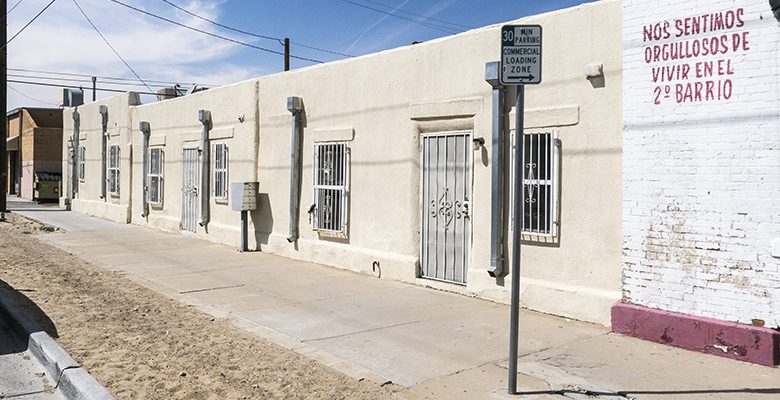City Government does what the rich folks want, and then tells the rest of us it’s good for us.
It’s just like we are living on a hacienda, and our lives are dictated to us by the patrones.
They rationalize that we need economic development to keep our young kids home after they graduate from college, but El Paso has experienced a major exodus since they started this grand capitalistic social experiment.
Let me point out again that since 2012, El Paso’s population has only grown by 1.1 percent. Over four years. That’s about 0.25 percent a year, less than the rate of natural growth, i.e., births minus deaths.
And what happened in 2012? The Quality of Life bond elections, and the ballpark. Before that El Paso’s population growth was chugging right along, albeit buoyed by BRAC, and the influx of juarenses fleeing our sister city’s violence.
The oligarchs, with the complicity of City Government, will do what they want and then try to manufacture consent, but if they don’t get it, they’ll do it anyway.
Here’s an essay reprinted on TheSocialContract.com that captures our situation in El Paso:
The men in the seventeenth century who fled to America from Europe were keenly aware of the oppressions of European life. But they were revolutionaries with a difference, and the fact of their fleeing is no minor fact for it is one thing to stay at home and fight the ‘canon and feudal law,’ and it is another to leave it far behind. It is one thing to try to establish liberalism in the Old World, and it is another to establish it in the New. Revolution, to borrow the words of T.S. Eliot, means to murder and create, but the American experience has been projected strangely in the realm of creation alone. The destruction of forests and Indian tribes – heroic, bloody, legendary as it was – cannot be compared with the destruction of a social order to which one belongs oneself. The first experience is wholly external and, being external can actually be completed; the second experience is an inner struggle as well as an outer struggle, like the slaying of a Freudian father, and goes on in a sense forever.
This preference for the neatness of exit over the messiness and heartbreak of voice has then ‘persisted throughout our national history.’ The exit from Europe could be re-enacted within the United States by the progressive settlement of the frontier, which Frederick Jackson Turner characterized as the ‘gate of escape from the bondage of the past.’ Even though the opportunity to ‘go West’ may have been more myth than reality for large population groups in the eastern section of the country, the myth itself was of the greatest importance for it provided everyone with a paradigm of problem-solving. Even after the closing of the frontier, the very vastness of the country combined with easy transportation make it far more possible for Americans than for most other people to think about solving their problems through ‘physical flight’ than either through resignation or through ameliorating and fighting in situ the particular conditions into which one has been ‘thrown.’ The curious conformism of Americans, noted by observers ever since Tocqueville, may also be explained in this fashion. Why raise your voice in contradiction and get yourself into trouble as long as you can always remove yourself entirely from any given environment should it become too unpleasant?
TL;DR: People would rather leave a place then try to stay home arguing with the government.
Why stay in El Paso and fight an oligarchy that will do what they want regardless of what people think when you can always pull up stakes and move someplace where the government acts like you matter?
El Pasoans are choosing the “neatness of exit over the messiness of voice,” and that’s probably okay with the oligarchs, because they’d rather rule sheep than put up with people who might not see things their way.
Of course, some of us don’t want to leave. We prefer the messiness and heartbreak of voice.


